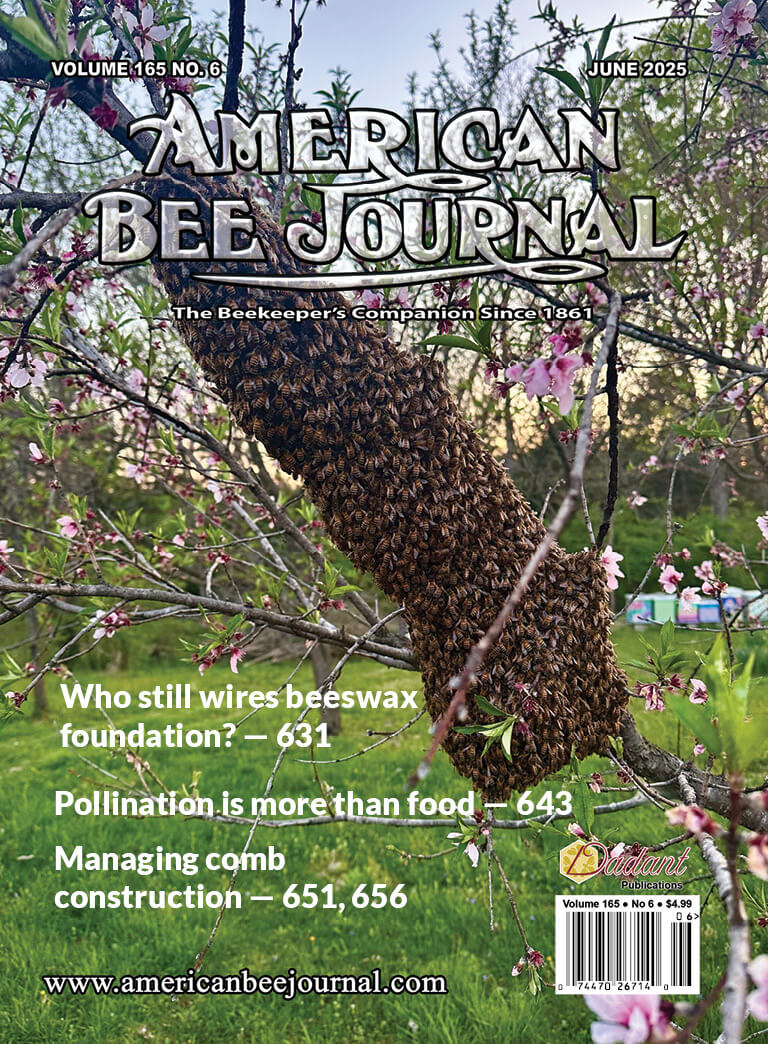About 80 million years ago, a group of bees began exhibiting social behavior, which includes raising young together, sharing food resources and defending their colony. Today, their descendants–honey bees, stingless bees and bumble bees–carry stowaways from their ancient ancestors: five species of gut bacteria that have evolved along with the host bees.
These bacteria, living in the guts of social bees, have been passed from generation to generation for 80 million years, according to a new study published recently in the journal Science Advances and led by researchers at The University of Texas at Austin. The finding adds to the case that social creatures, like bees and humans, not only transfer bacteria among one another in their own lifetime–they have a distinctive relationship with bacteria over time, in some cases even evolving on parallel tracks as species.
“The fact that these bacteria have been with the bees for so long says that they are a key part of the biology of social bees,” says Nancy Moran, a professor of integrative biology at the university who co-led the research with postdoctoral researcher Waldan Kwong. “And it suggests that disrupting the microbiome, through antibiotics or other kinds of stress, could cause health problems.”
Most insects, including nonsocial bees, don’t have specialized gut microbes. Because they have limited physical contact with individuals of their own species, they tend to get their microbes from their environment. Social bees, on the other hand, spend much time in close contact with one another in the hive, making it easy to transfer gut microbes from individual to individual.
“Having a social lifestyle enabled the specialized community of bacteria to diversify along with the bees through deep time,” says Moran.
According to this new study, the last common ancestor of modern social bees picked up five species of bacteria from the environment around 80 million years ago. Those bacteria survived and evolved inside the guts of the host bees for millions of years, diversifying into strains that are specific to each new species of social bee that evolved since then. Those five ancient bacterial lineages still form a…


